Russian FM Lavrov blasts 'racist' Borrell, West's 'neocolonial instincts'
Russian Foreign Minister Sergei Lavrov has slammed EU foreign policy chief Josep Borrell for his "racist" comments accusing Moscow of spreading false information during his state visit to Africa.
Borrell made the accusations as he announced the creation of a so-called intelligence sharing and "analysis center to combat disinformation and manipulation of foreign intelligence" as part of Europe's plans to expand its involvement in Africa, Latin America and Asia.
He also accused Lavrov of "trying to spread lies" during his trip to African countries, stating that Mali and Eritrea were “easy countries” for Russians.
"This is coming from a man who cannot hide the racist nature of his worldview," Lavrov said at a joint press conference after a meeting with Mali's Foreign Minister Abdoulaye Diop.
"As you may recall, he recently said publicly and unashamedly that Europe was a blooming garden, and that he was, therefore, a gardener. And Europe was threatened by the jungle, the source of the threat, and the blooming garden should be more careful with the jungle and protect its well-being from its negative influence," he added.
Lavrov said Western countries could not get rid of their "neocolonial instincts" yet, urging them to be "aware of the reality of the modern world and the need to be more modest".
"We have nothing to hide and nothing to be ashamed of. We (the Soviet Union) were at the origins of the liberation of Africa from the colonial yoke," he said.
In his remarks on Tuesday, Borrell said "disinformation experts" are to be deployed to EU offices around the world to counter what he described as false narratives allegedly spread by Russia and China.
"All our delegations will be equipped with experts on countering disinformation in many parts of the world in order to make our voice be heard better," he said in Brussels.
He alleged that Russia's spending to strengthen the country's ability to create and spread its narrative and advance its plans has greatly exceeded European investments.
Europe has a history of colonial and imperial rule marked by abuse, persecution and exploitation in Africa.
Last February, the EU hosted more than 40 African leaders to Brussels in an effort to reassert its influence in the continent.
The bloc said it would offer several packages of support to bolster health, education and stability in Africa, and pledge 150 billion euros of investment to rival China's Belt and Road Initiative.
However, European and other wealthy nations were heavily criticized at the time for hoarding protective equipment and later vaccines during the pandemic, with some African leaders accusing them of "vaccine apartheid".
In 2020, as the Black Lives Matter movement intensified across the United States following Minneapolis police officer Derek Chauvin’s murder of George Floyd, Europe faced its own battles over racial justice.
In Bristol, demonstrators tore down and threw into the harbor a statue of Edward Colston, a seventeenth-century parliamentarian whose company transported more than 80,000 slaves from West Africa to the Americas.
In Oxford, students demanded that a statue of Cecil Rhodes – the personification of European imperialism’s brutal extraction of African riches – be removed from Oriel College’s façade.
In Belgium, protesters forced the removal of statues of King Leopold II, who ruled the Congo ruthlessly. And in France, activists attacked the statue of Jean-Baptiste Colbert, the author of the Code Noir that institutionalized slavery and forced labor across French colonies.
Last August, France said it had withdrawn its soldiers from Mali after nearly a decade of military intervention. Analysts said the exit not only symbolized a failure of French intervention policy, but also reflected Europe's foreign policy weakness.
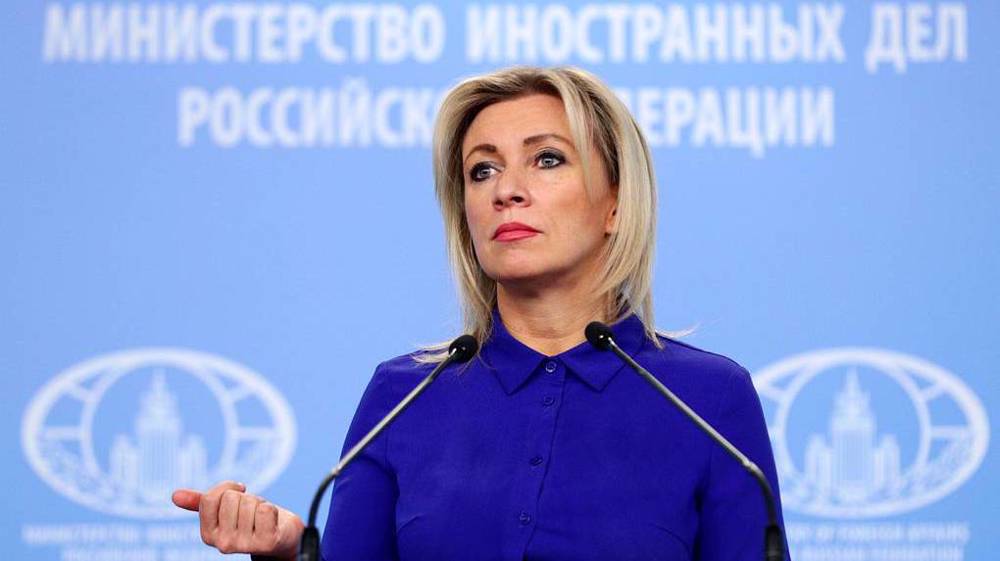
Russia blasts Trump’s 'unacceptable' threat of bombing Iran

Trump targeting Ukraine's mineral wealth
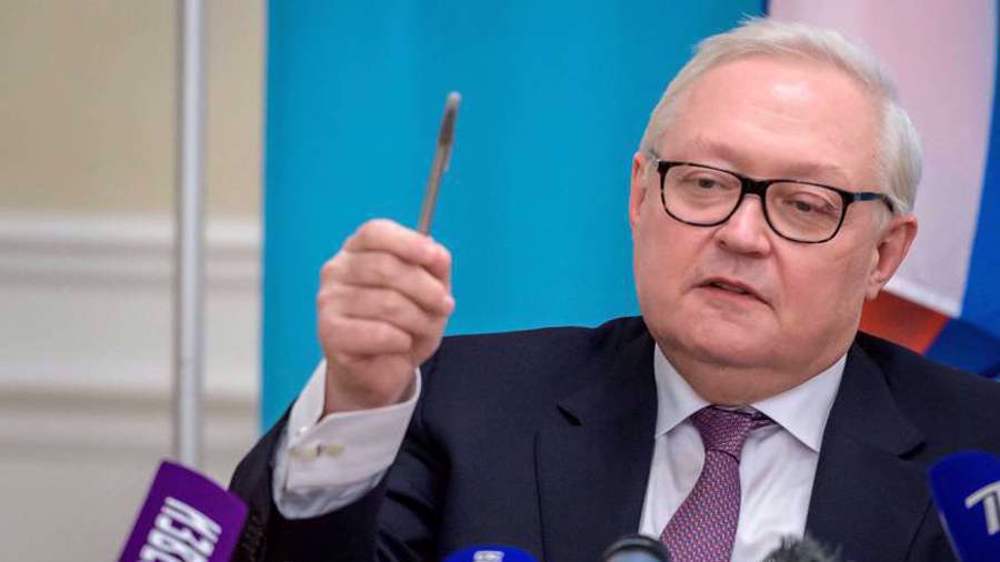
Russia warns of ‘catastrophic’ consequences if US attacks Iran
Islamic scholars issue fatwa urging Muslim nations to support Palestinian resistance
VIDEO | Trump trade war
Houthi: Intensified US aggression against Yemen failed
Israeli captives held in areas targeted for evacuation by the regime: Al-Qassam Brigades
VIDEO | President Yoon of South Korea impeached, dismissed
Trump tariffs led to a $2.5 trillion wipeout for the US stock markets
VIDEO | Press TV's news headlines
Lebanese reporter resigns due to Hijab ban


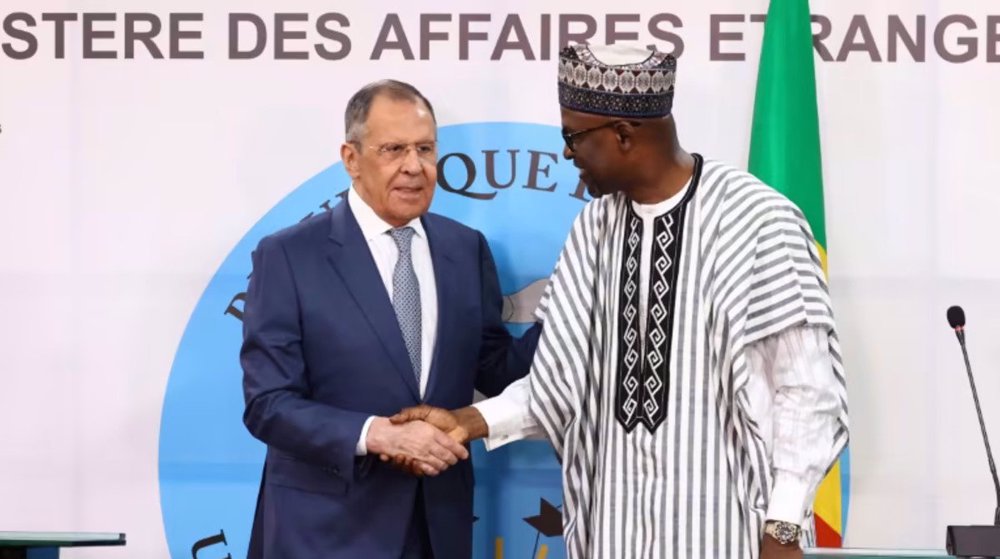
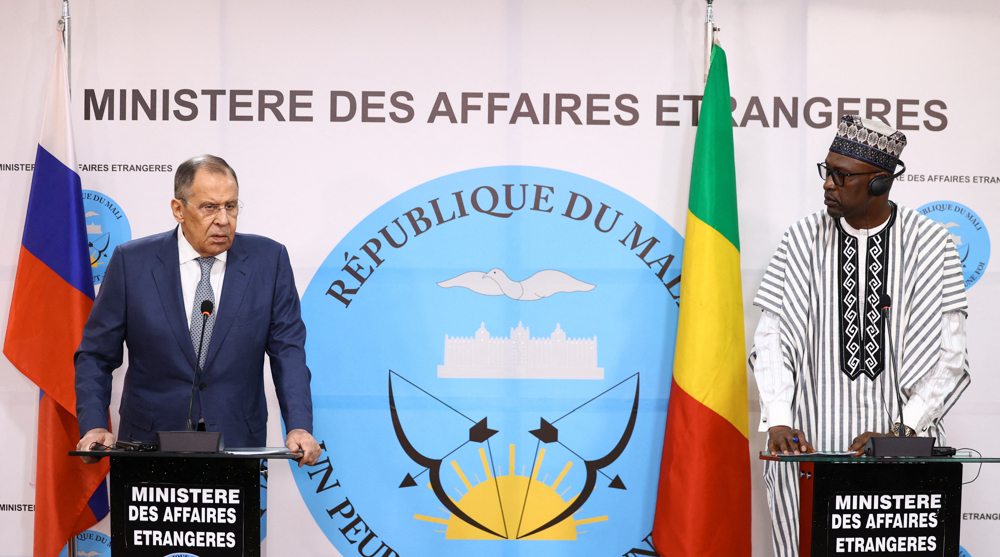



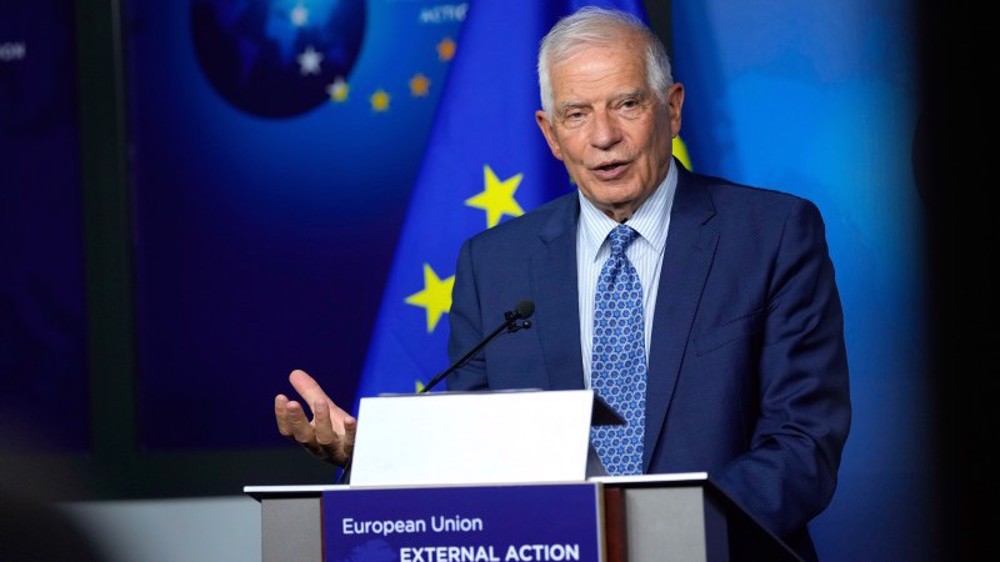
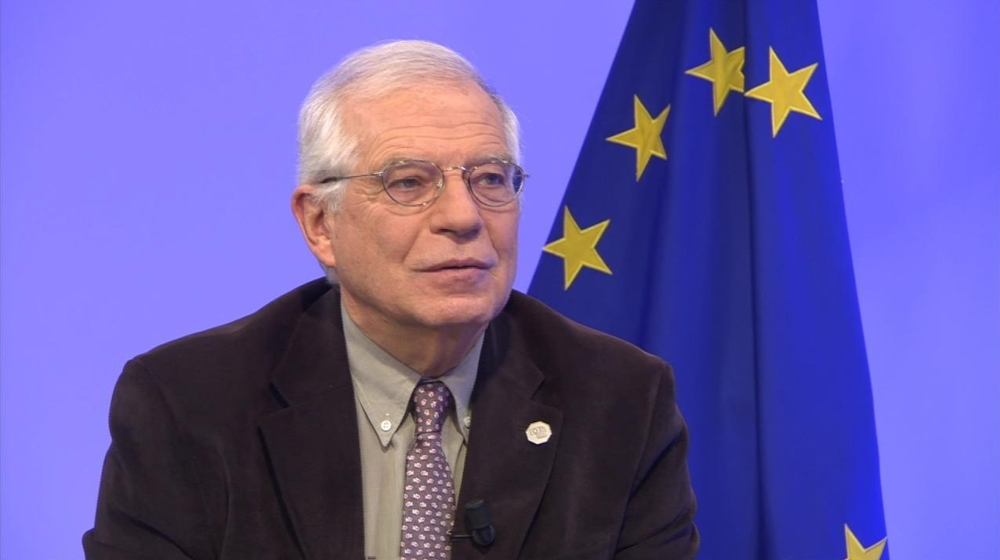
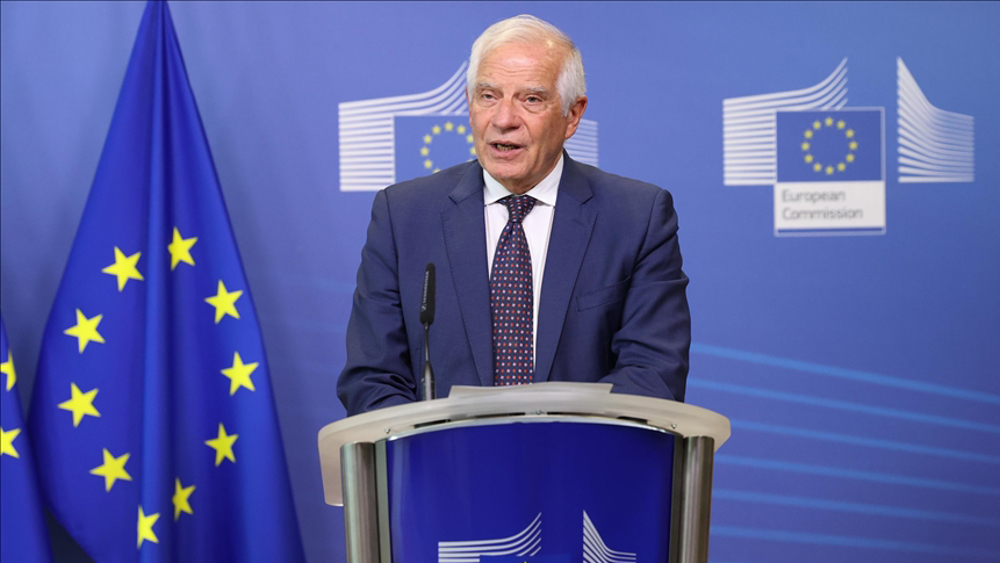
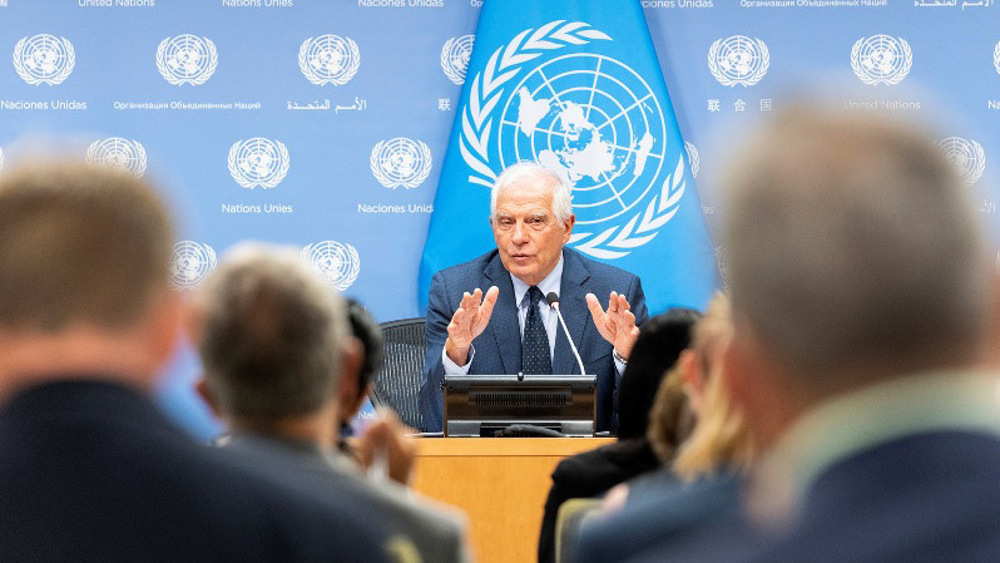
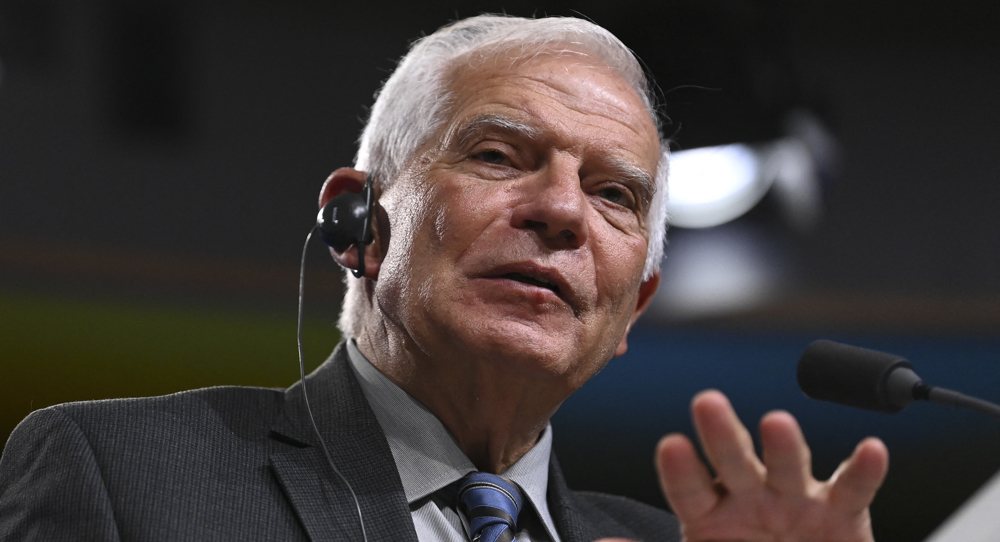
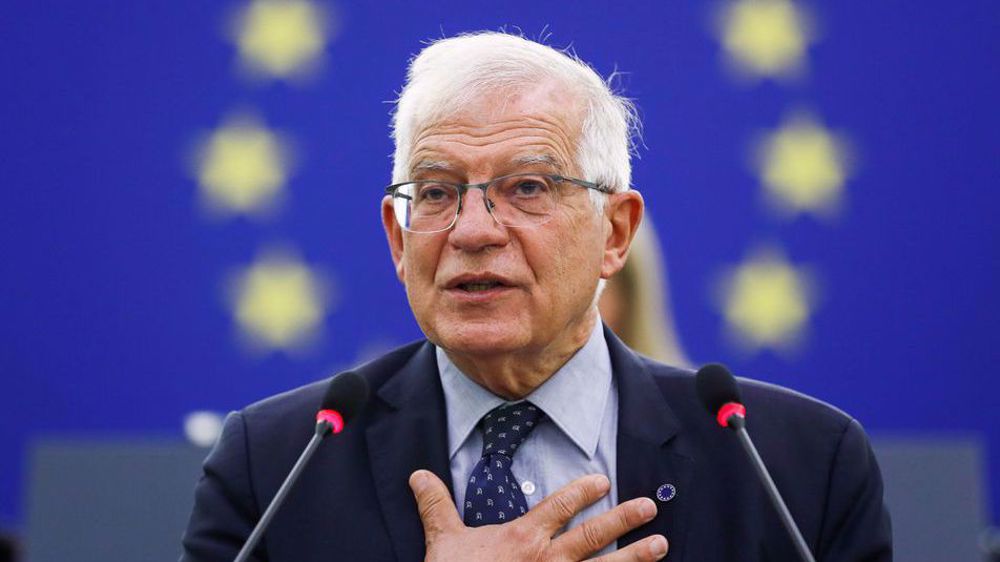

 This makes it easy to access the Press TV website
This makes it easy to access the Press TV website